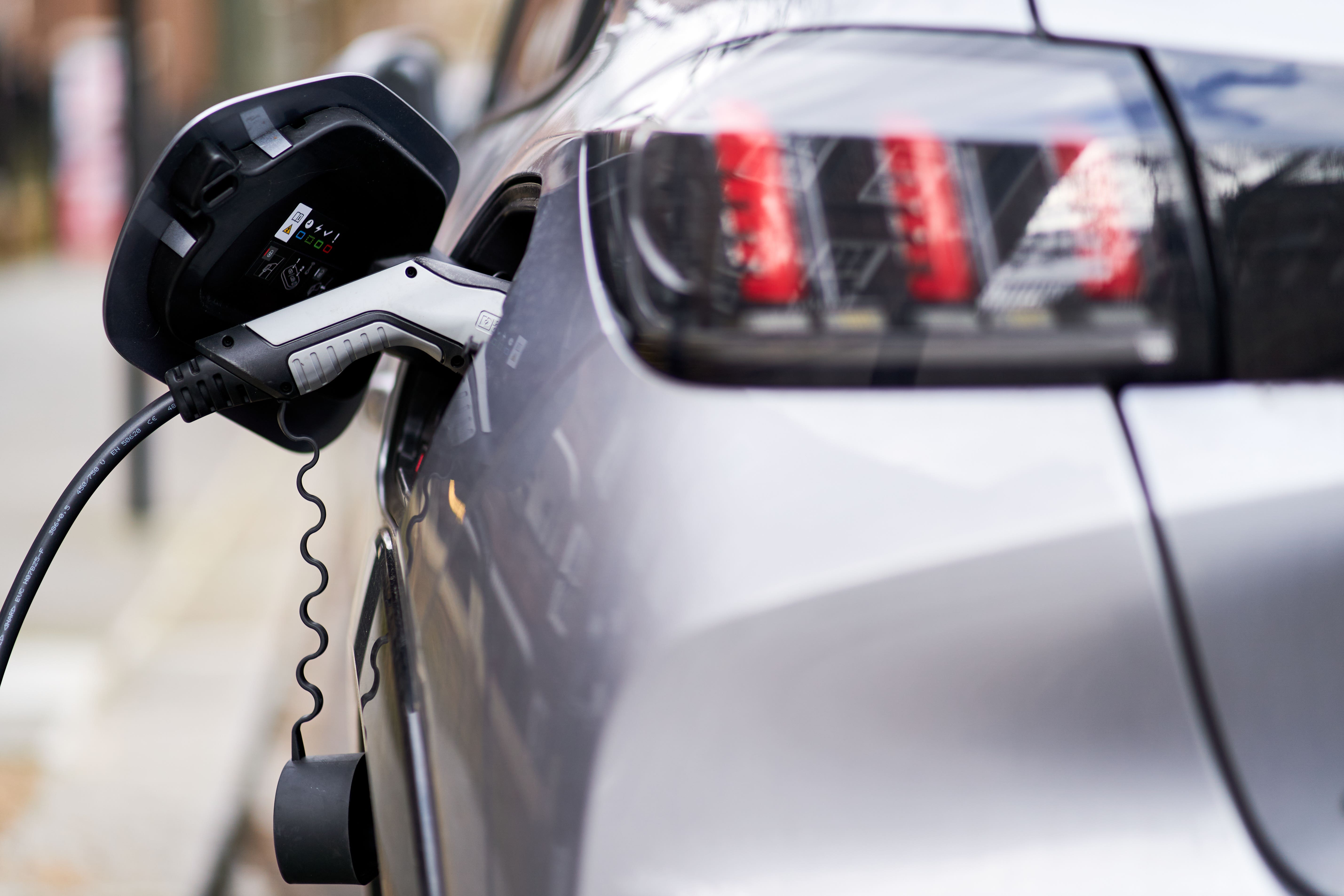Spark EV battery production to prevent decline of UK car industry, MPs warn
A report by the cross-party Business and Trade Committee stated that hundreds of thousands of jobs are at risk.

Your support helps us to tell the story
From reproductive rights to climate change to Big Tech, The Independent is on the ground when the story is developing. Whether it's investigating the financials of Elon Musk's pro-Trump PAC or producing our latest documentary, 'The A Word', which shines a light on the American women fighting for reproductive rights, we know how important it is to parse out the facts from the messaging.
At such a critical moment in US history, we need reporters on the ground. Your donation allows us to keep sending journalists to speak to both sides of the story.
The Independent is trusted by Americans across the entire political spectrum. And unlike many other quality news outlets, we choose not to lock Americans out of our reporting and analysis with paywalls. We believe quality journalism should be available to everyone, paid for by those who can afford it.
Your support makes all the difference.Electric vehicle (EV) battery production must be incentivised to prevent the decline of the UK car industry, MPs warned.
A report by the cross-party Business and Trade Committee stated that hundreds of thousands of jobs are at risk if the issue is not addressed.
The committee argues that the UK could become a “frontrunner” in building “sustainable and ethical batteries”.
We risk the industry simply relocating to Europe or the US
Much of the world’s gigafactories, where batteries are produced, are currently in China.
The report stated: “The UK faces a gigafactory gap, because of insufficient domestic manufacturing capacity to satisfy UK industry’s demand for batteries.
“Satisfying demand from the UK’s automotive industry and other sectors will require 100GWh (Gigawatt hours) of battery manufacturing capacity by 2030.
“That requirement will increase to 200GWh by 2040.”
It warned that the UK’s only existing gigafactory, near Nissan’s car factory in Sunderland, has less than 2GWh of capacity.
“At best, announced plans satisfy a little over half the capacity the nation needs by 2030,” the report added.
The Government informed the committee that it plans to publish an Advanced Manufacturing Plan and the Battery Strategy this week.
Labour MP Liam Byrne, who chairs the committee, said: “Power was at the heart of the industrial revolution, and it will be at the heart of the green industrial revolution.
“But right now, the UK is on course to secure barely half of the electric battery capacity needed by the domestic car industry alone.
“Unless we fix this fast, we risk the industry simply relocating to Europe or the US or becoming reliant on imports from China and elsewhere.
“That imperils 160,000 jobs and a jewel in the UK’s industrial crown. Now is the time to act.”
A Department for Business and Trade spokesperson said: “In the past few months the Government has secured a £4 billion investment from Tata in a new gigafactory, and £600 million to build the next generation of electric Minis.
“This comes on top of a previous £1bn investment in an Electric Vehicle hub in Sunderland by Nissan and their battery supplier AESC.
“Taken together these major investments demonstrate that our plan for the automotive industry is working and continuing to deliver results.
“Later this week we will publish a wide-ranging Advanced Manufacturing Plan and the UK’s first Battery Strategy, both of which will ensure we continue to place the UK at the forefront of global supply chains.”
In July, Tata Son, the company behind Tata Group, announced it will build a new £4 billion battery factory in Somerset.
Gigafactory start-up Britishvolt, which owned a site in Northumberland, went bust in January after running out of money.